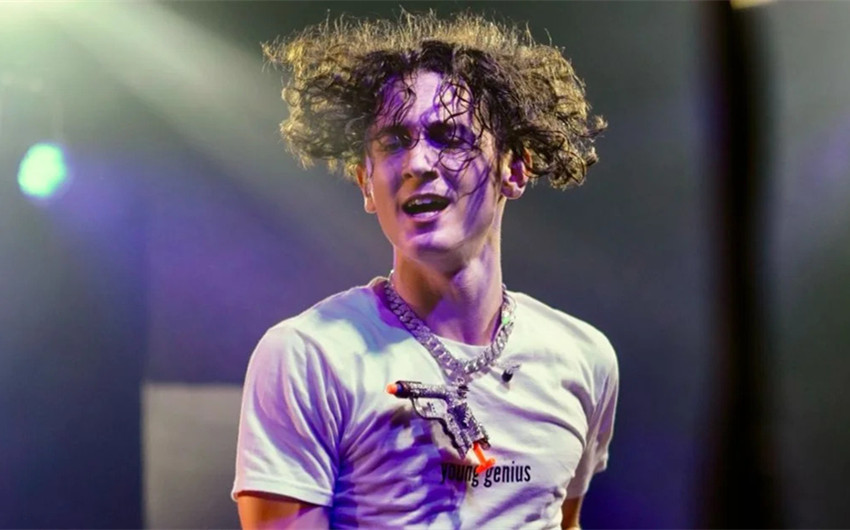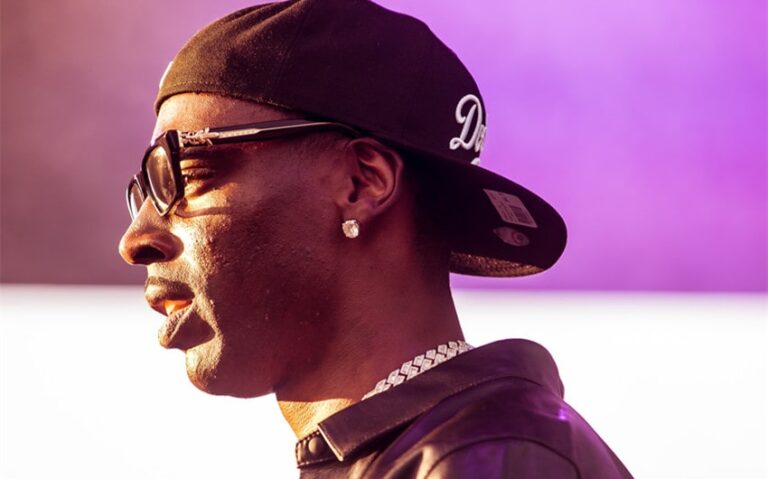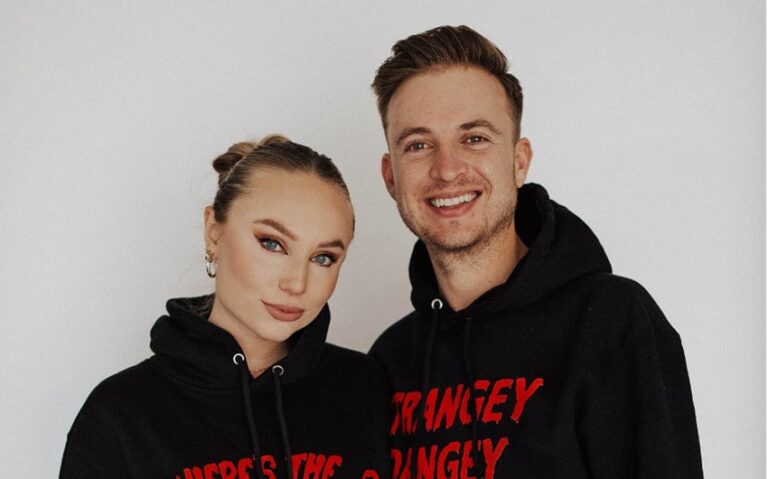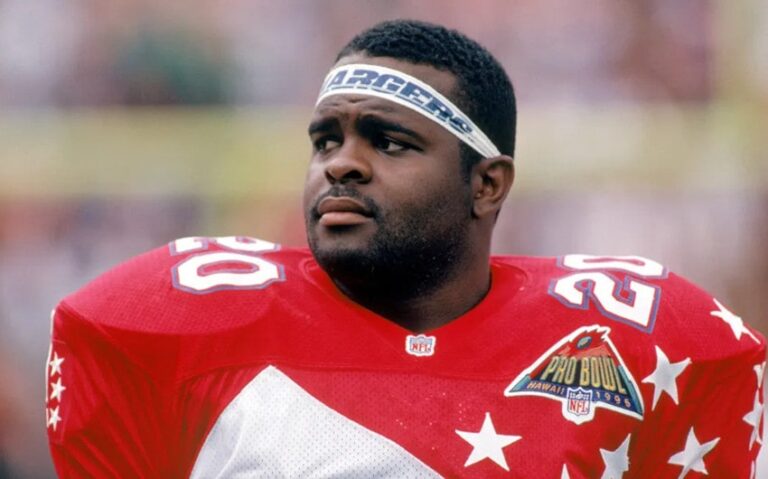What Lil Mabu’s Net Worth Says About Hype, Hustle, and Going Viral
You might find yourself asking about Lil Mabu’s net worth after seeing one of his viral drill rap videos or catching a snippet of his music on TikTok that blends prep school satire with gritty flows. At first glance, he might look like a parody—an Upper East Side kid dipping into drill culture—but the more you watch, the more it becomes clear: this isn’t an accident. Lil Mabu has crafted a persona that’s part joke, part genius, and fully monetized. His rise is one of the most fascinating examples of Gen Z music strategy—turning attention into traction, memes into money, and controversy into clicks. So how much is it all worth?
Who Is Lil Mabu?
Lil Mabu, whose real name is Matthew Peter DeLuca, is a New York-born rapper who rose to internet fame by blending high school valedictorian energy with hard-hitting drill beats. Born in 2005 and raised on Manhattan’s Upper East Side, he attended a prestigious private school and came from a background most wouldn’t associate with street rap. And that’s exactly what made him stand out.
He began uploading music to SoundCloud and YouTube as early as 2019, but it wasn’t until 2022 and 2023 that his presence really exploded. Songs like “No Snitching,” “Trip to the Hood,” and especially “Mathematical Disrespect” became TikTok staples, not just for their beat drops but for the wild juxtaposition of a clean-cut teenager rapping about violence, police evasion, and independence from labels.
The persona was controversial, funny, and oddly catchy—and Lil Mabu leaned all the way in. Whether you saw him in a school uniform or in a bulletproof vest rapping in a studio, he knew exactly how to capture attention. He didn’t just borrow from drill aesthetics; he reshaped them through satire, shock, and surprising skill. By remaining independent and retaining control over his releases, Lil Mabu turned his viral moment into a business model.
Lil Mabu Net Worth—Hype, Hustle, and Monetized Virality
The estimated net worth of Lil Mabu currently ranges from $1 million to $2 million, with the majority of his income stemming from streaming royalties, YouTube revenue, merchandise, and viral engagement. What makes this particularly impressive is how quickly he achieved this—largely without the backing of a major label or traditional management structure. His net worth is less about polished celebrity infrastructure and more about internet fluency and digital hustle.
Music Revenue and Streaming Success
Lil Mabu’s core financial base comes from his music, and his biggest wins have come through streaming platforms like Spotify, Apple Music, and YouTube. His breakout single “Mathematical Disrespect” has racked up tens of millions of streams and made it onto Spotify’s Viral 50 charts in multiple countries. While per-stream payouts vary, songs that achieve that level of traction typically generate significant income—often tens or hundreds of thousands of dollars depending on platform and monetization terms.
As an independent artist, Mabu reportedly distributes his music without a major label, which means he keeps a higher percentage of the profits. Unlike signed artists who may take home only 10–20% of streaming revenue after label cuts, Mabu likely sees a much larger portion—especially if he owns his masters, as he claims.
His presence on SoundCloud and other open platforms also allows him to generate revenue in a decentralized way. Even if those platforms don’t pay as much per stream, the exposure they bring helps drive traffic to monetized content elsewhere. And because Lil Mabu is consistent about releasing tracks that go viral or trend-worthy, he continues to benefit from renewed interest with each new drop.
Social Media and YouTube Monetization
Lil Mabu’s YouTube channel has been a huge part of his branding and income. With over a million subscribers and multiple videos crossing the million-view threshold, the channel generates steady revenue through Google AdSense. YouTube pays creators based on ad views and engagement, and for music videos with high watch time and frequent interaction, this can amount to several thousand dollars per video.
His videos are more than just music—they’re part of a larger performance. Whether he’s filming in a classroom, pulling off parody skits, or creating cinematic-style street scenes, the content is engaging and made to be rewatched. That stickiness matters in the YouTube algorithm and helps maximize his ad earnings.
On TikTok, where Lil Mabu is even more visible, he doesn’t earn direct ad revenue in the same way (unless through the Creator Fund or partnerships), but the platform plays a huge role in his net worth. TikTok has helped him grow his fanbase exponentially and drive listeners to Spotify and YouTube, where the real monetization happens. Viral trends using his songs have boosted his exposure and encouraged other creators to use his audio, further expanding his reach.
With Instagram, he has leveraged his content for announcements, merchandise promotions, and ongoing fan engagement. These platforms function as free marketing and direct monetization pipelines—if he drops a new track or hoodie, he doesn’t need a press release or radio station. He already has a built-in audience ready to click.
Merch, Collaborations, and Independent Hustle
Lil Mabu also earns through merchandise sales, which he markets through his social platforms and music videos. Branded clothing like hoodies, beanies, and shirts with phrases from his lyrics or tongue-in-cheek slogans have become fan favorites. Because he promotes them himself and likely fulfills through independent or print-on-demand services, his profit margins can be high.
Collaborations with other viral artists—like Dusty Locane, DD Osama, and more—help expand his reach while splitting both audience and streaming revenue. These collabs also give him street cred in a genre where authenticity is constantly questioned. By appearing alongside established drill artists, Mabu legitimizes his presence while also sharing audiences, which leads to more streams, more clicks, and more cash.
He has also reportedly booked live performances and pop-up shows, which add another layer to his income. Even if he doesn’t tour in a traditional sense yet, single-night events in key cities can bring in several thousand dollars each, especially when paired with merchandise tables and exclusive drops.
Being independent means that Lil Mabu controls not only his releases but also his branding and merchandising—making every part of his career a potential source of revenue. He’s not just a rapper; he’s a one-man media and marketing machine.
Featured Image Source: jamusa.com







